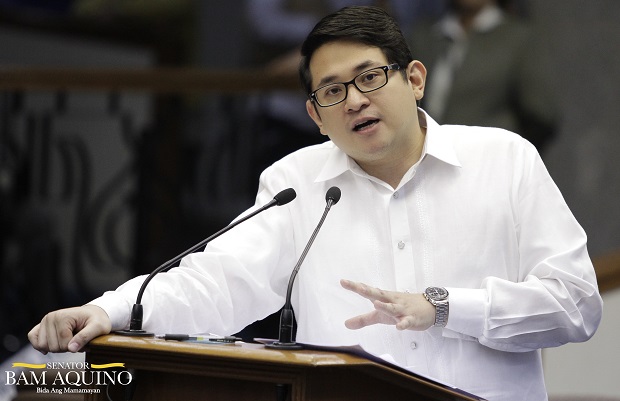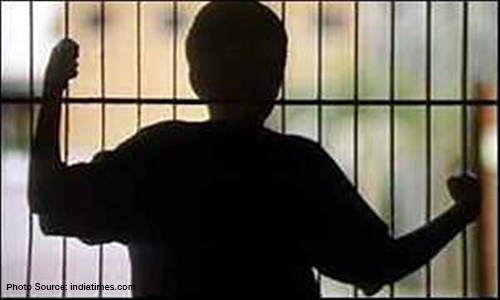Bam to PNP: Look into illegal drug problems in SUCs, public and private schools
Senator Bam Aquino called on the Philippine National Police (PNP) to determine the accessibility of illegal drugs in state colleges and universities (SUCs) and public and private schools in the country.
During the hearing of the Committee on Public Order and Dangerous Drugs, Sen. Bam asked PNP chief Director General Ronald “Bato” Dela Rosa if he has information on how prevalent illegal drugs in SUCs and private schools.
“Gaano ho ka-available ang illegal drugs sa ating mga eskuwelahan?” Sen. Bam asked Director General Dela Rosa.
Currently, Dela Rosa said the PNP has no data but promised Sen. Bam that he will look into the matter and provide the Senate with the needed information immediately.
As chairman of the Committee on Education, Sen. Bam plans to conduct a separate hearing to determine the prevalence of illegal drugs in SUCs, public and private schools.
Sen. Bam also plans to look into the Commission on Higher Education’s (CHED) proposal to include drug testing as a requirement for admission in colleges and universities.
“Maganda ang layunin ng plano ngunit dapat nating timbangin ang lahat ng panig at isa-alang-alang ang karapatan ng ating mga estudyante na makakuha ng edukasyon sa ilalim ng Saligang Batas,” said Sen. Bam.



Recent Comments